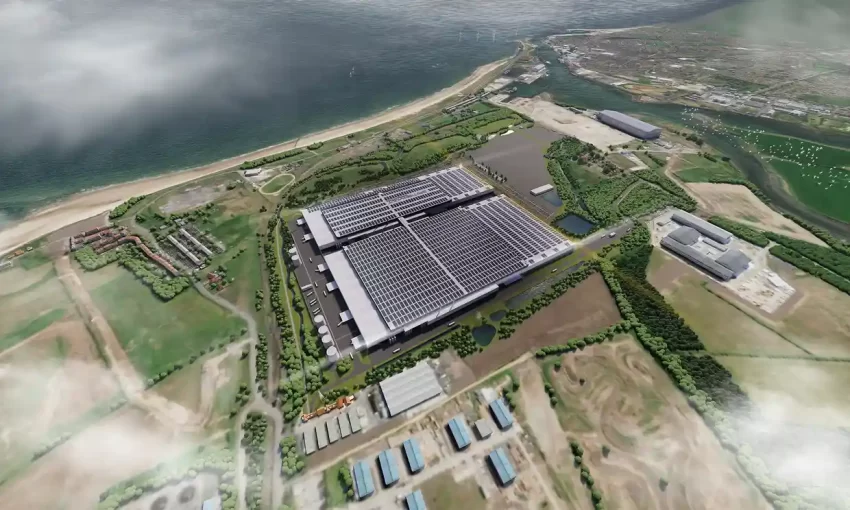UK battery start-up Britishvolt given lifeline as funding secured
UK battery firm Britishvolt has narrowly avoided collapse after it secured vital funding at the eleventh hour, the BBC is reporting.
The troubled start-up was desperately appealing for £200 million of emergency funding to last until next summer, when it expects to the first battery orders from car makers to arrive.
It had been reported last month that the firm had been in talks with a number of potential investors, but Britishvolt has now finally additional funding it is believed.
The future of the business had been dealt another blow earlier this week after the government rejected a £30m advance in funding on Monday.
According to a report by the BBC, Britishvolt has secured funding to stay alive for the “short to medium” term, although details are few and far between on the nature of the investment and the identity of the backers.
Seven possible “strategic investors” are said to be in the mix, including Jaguar Land Rover owner Tata Motors. The investors are offering options from minority stakes in the firm to full takeover, FT reports.
Another suitor is Slovakian battery company Inobat, according to Bloomberg, which is in talks to buy Britishvolt’s 93-acre site near Blyth, Northumberland – originally earmarked for its new cell plant.
Inobat, whose non-executive chairman is former Aston Martin CEO Andy Palmer, is in discussion to either take over Britishvolt or merge with it. The land in Blyth is arguably Britishvolt’s most valuable asset, thanks to its access to a seaport, renewable energy and the local automotive industry.
Britishvolt was formed in 2020 with the ambitious target of building a £3.8 billion gigafactory supplying Britain’s car companies with batteries from as early as 2023. However, despite a string of recent investment promises and partnerships, the company has failed to ink a deal with either a major car company or a global battery company, and in August it announced that it would delay its planned production start to 2025, citing the broader economic downturn.
